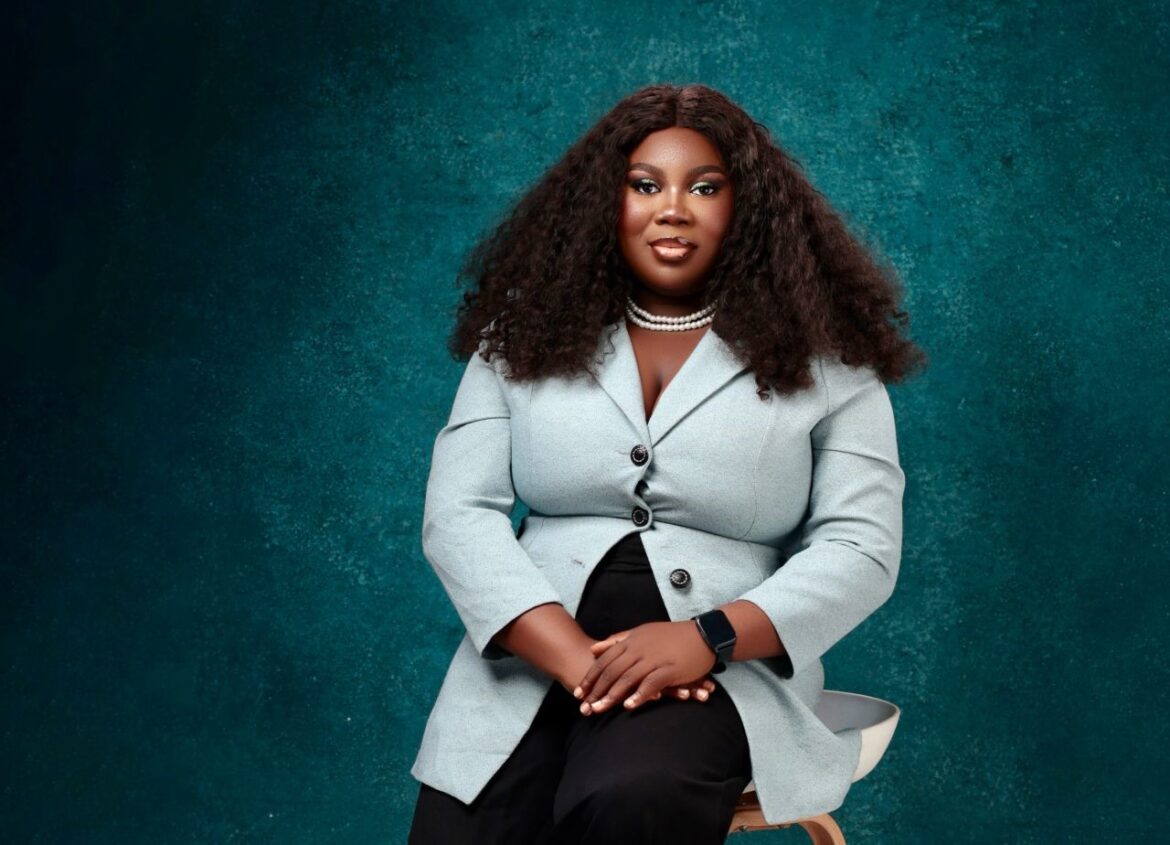Bernice Asein, a young law student, had a passion for stitching thrifted clothes but found herself torn between her love for law and her fascination with fashion. While she appreciated the stability and respect a legal career offered, there was an undeniable pull towards the fashion world. Her parents disapproved of this idea, viewing law as a more reliable and prestigious path, and they couldn’t comprehend the possibility of combining law and fashion.
“…Starting a law firm right after NYSC, I was clueless, but three years later, I no longer worry about where the next client will come from,” she shared on Instagram.
In 2017, during the Fashion Business Series at Lagos Fashion Week, she experienced her “aha moment.” Surrounded by designers, models, and creative entrepreneurs, she realised that the African fashion industry required not only talent but also structure and legal frameworks. Issues such as intellectual property (IP) theft, poorly structured contracts, and disputes over rights were prevalent, and Asein recognised that she could address these challenges. Instead of having to choose between law and fashion, she decided to combine both fields.
When Bernice Asein founded Cardinal Counsel, a female-led law firm based in Lagos that specialises in startups and employs talented women, she aimed to transform the legal landscape for Africa’s fashion industry. However, her vision extended beyond merely providing legal advice; she sought to change how designers, textile companies, and influencers approached their businesses.
At this point, she saw the need for a platform just like a law firm that would be solely dedicated to educating, empowering, and advocating for the industry at scale. This was the birth of Fashion Law Institute Africa.
The fashion Law Institute is a hub for everything about fashion and law. It offers pro bono legal clinics for creatives, runs masterclasses to educate budding designers about intellectual property rights, and introduces fashion law as a curriculum in fashion schools through its FLIP Project. They also secure justice for creatives and protect them against IP theft, unethical labour practices, and contractual exploitation.
“We helped a fashion model resolve a contract dispute with her agency, ensuring her rights were protected. We also assisted a fashion brand in an intellectual property infringement takedown, safeguarding their designs from unauthorised use.” She told Business Africa.
The institute has supported over 125 fashion brands, impacted 5,000 creatives across Africa, and hosted events like the Fashion Law and Business Conference, where legal minds and industry players collaborate to find sustainable solutions. Her initiatives align deeply with the United Nations Sustainable Development Goals (SDGs)1, 5,13 and 16.
Bernice Asien plans to expand the Fashion Law Institute’s reach across Africa, build partnerships with policymakers and fashion schools, and develop digital resources to make legal knowledge accessible to every fashion entrepreneur.



